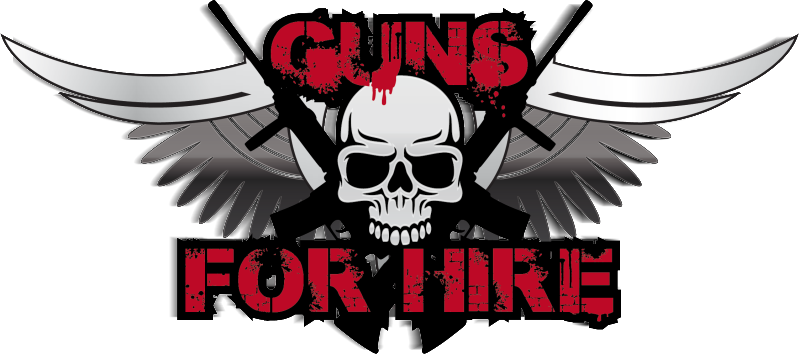 Chief among the Springboks’ tasks on their end-of-year tour must be to cast off the existential crisis that has settled over the team.
Chief among the Springboks’ tasks on their end-of-year tour must be to cast off the existential crisis that has settled over the team.
We’ve known some wild times – remember Harry Viljoen’s zany instructions not to kick the ball in his first Test? – and some dour times. Most Bok coaches have endured these.
The Boks under Allister Coetzee have set out their stall. They’re safe, certain and conventional. In keeping with Bok teams of old, and the whims of their coach, they favour their old strengths and won’t be doing anything extravagant.
Ranged against this is the zeitgeist of the modern game. The All Blacks play at a level all their own, setting standards even their forebears can’t compare to.
Closer to home, both the Lions and the Cheetahs have switched on to a bold, bright new world. The Sharks are trying, too, with varying levels of success. The point is that these teams have drawn a line in the sand. The old way had to go. The new way, with its premium on pace and space, is the only way for teams to prosper.
TThose that don’t [evolve] will wither on the vine
Those that don’t will wither on the vine. As the All Blacks demonstrate whenever they play, winning and entertaining aren’t mutually exclusive. To use the excuse that Test rugby isn’t Super Rugby is to surrender to the old dogma that no longer counts. If you want my R250 on a Saturday afternoon, I expect you to put on a grand show.
It’s thus little surprise that the Lions drew solid crowds during Super Rugby and the Cheetahs sold out their stadium for last week’s Currie Cup final.
To use a boxing analogy, most fans would prefer to see Mike Tyson in an explosive three-minute encounter than tame, tepid Floyd Mayweather jnr dance his way through 12 safe rounds.
Coetzee has made it plain that he’s wedded to a solid, proven game plan without the frills. But this doctrine will be tested this weekend when a South African team plays the Barbarians at Wembley.
The nature of such matches is that teams give it a rip. Rather like Sevens, where kicking and inhibition is frowned upon, Barbarians matches are expected to be free-wheeling affairs that pay homage to the club’s famous history. Two things dictate whether an invitation is offered: the player’s skills have to pass muster, and he must be well behaved.
Inherent in that ideology is an obligation to play attractive rugby.
We shall see.
The last time the Springboks played England at Twickenham, in 2014, it was a Pat Lambie dropped goal that separated the two sides. Interestingly, Adriaan Strauss was the hooker that day.
A week after the Baabaas match, he will wear the captain’s arm band against England. Given that Strauss is on his way out, it seems an opportunity was lost to blood his successor. Warren Whiteley should have been put in charge and told to get on with it. An impressive bloke with real gravitas, he will captain the Boks one day and when he does we’ll all wonder why it took so long.
It will be very much a case of two teams going in opposite directions at Twickenham. Eddie Jones has polished the old chariot into a gilded machine. England are formidable.
The Boks are coming off a horrible belting at home and travel with a squad of which 16 players have 10 caps or less. Many will still be hurting from the damage the All Blacks inflicted. Self-doubt could cripple them.
Italy and Wales then follow on successive weekends. These would have been gimmes in past years, but so would have matches against Japan, Ireland and Argentina.
The Boks will need to think faster, kick better and contest with more vigour if they are to have half a chance. Jones fancies them as being bullies and will encourage his team to niggle and gnarl. It’s a smart tactic.
I expect it will be a bruising tour that will be the making and unmaking of a number of players. Bok fans have had to recalibrate their expectations. Winning, for many of us, is no longer the only measure. Now, a mere ray of light will suffice. – © Sunday Tribune








